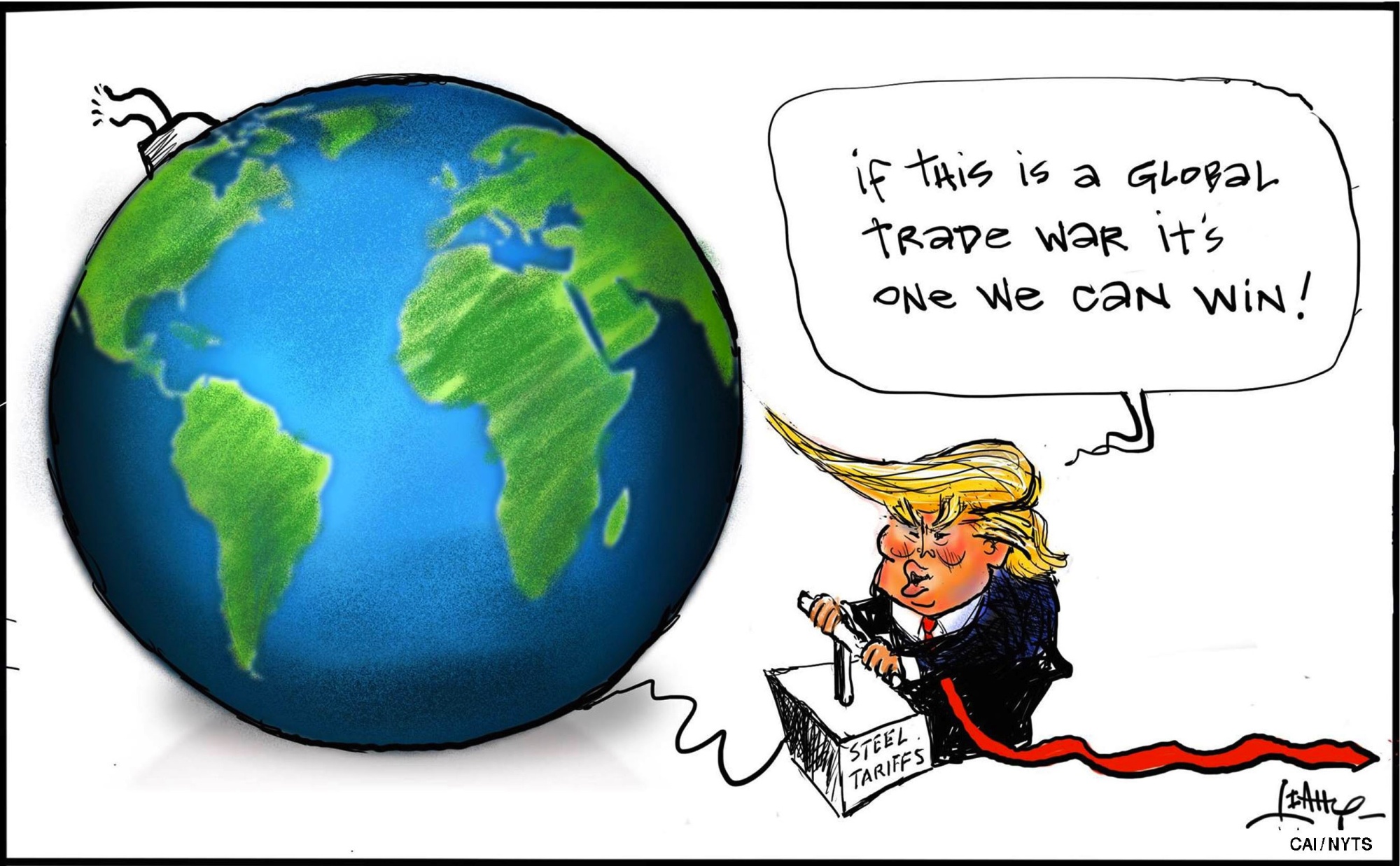From the Brexit vote to Donald Trump's election as U.S. president to rising support for populist parties in countries like Germany and Italy, much of the electoral upheaval in Western democracies in recent years has been attributed at least partly to a backlash against globalization. But globalization does not deserve voters' ire.
There is no doubt that globalization can leave specific groups within trading economies worse off. Those who work in industries that are susceptible to rising competition from foreign labor are especially vulnerable. Immigration increases the availability of workers who are willing to accept lower wages, effectively dragging down wages for local workers, particularly in lower-skill jobs. And offshoring enables companies to move, say, manufacturing operations to countries with larger pools of low-cost labor.
Overall, however, the case for globalization, including free trade and at least some openness to migration, is strong, because it increases the total wealth of participating countries. All that is needed to mitigate its weaknesses is effective redistribution policies, including strong social safety nets.

















With your current subscription plan you can comment on stories. However, before writing your first comment, please create a display name in the Profile section of your subscriber account page.